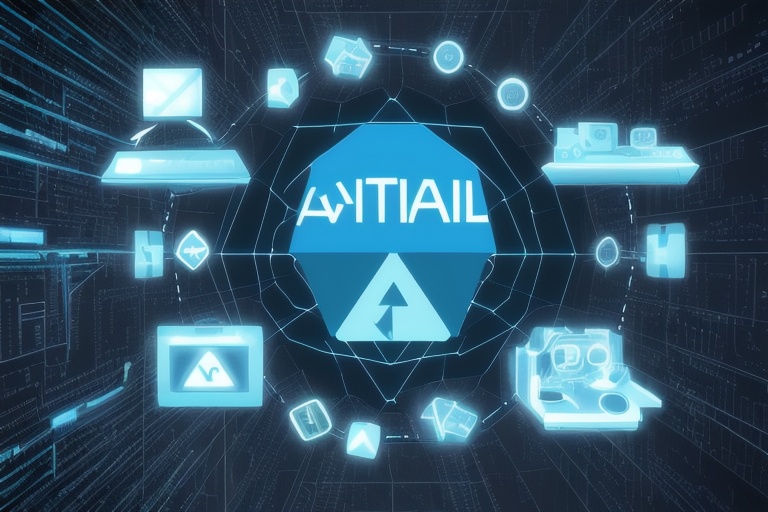The integration of artificial intelligence (AI) and robotics into various sectors is a transformative force, remolding the landscape of industries that include construction, healthcare, and business management. This technological revolution, propelled by the fusion of AI and consumer behavior data analysis, has broadened the scope of potential applications for robotics, thereby enhancing business agility and reinventing operational strategies.
The integration of artificial intelligence (AI) and robotics into various sectors is a transformative force, remolding the landscape of industries that include construction, healthcare, and business management. This technological revolution, propelled by the fusion of AI and consumer behavior data analysis, has broadened the scope of potential applications for robotics, thereby enhancing business agility and reinventing operational strategies.
While it is predicted that by 2037, AI could replace up to 47% of human labor, it is crucial to recognize the flip side of the coin: the birth of new job opportunities. Far from making human labor obsolete, the rise in automation demands a reimagining of job roles and could generate as many as 80 million new positions by 2050. This paradigm shift isn't about replacement but rather about transformation and adaptation. The trends we're observing indicate a growing emphasis on efficiency in dynamic tasks, which will fuel the demand for skilled professionals who can seamlessly blend technical acumen with nuanced human interaction.
The Evolution of AI and Impact on the Workforce
AI and robotics are not just transforming the operational aspects of businesses; they're also redefining the very nature of work itself. With AI taking over repetitive tasks, employees are free to engage with more complex, creative, and meaningful projects. This shift promises a work environment that is not only more efficient but also more personally rewarding for the workforce.
Enhancing Customer Service through AI
In the realm of customer service, AI is making significant strides. Chatbots and virtual assistants, powered by sophisticated AI algorithms, are setting new benchmarks in customer interaction, elevating user satisfaction while simultaneously alleviating the workload of human workers. The presence of AI in customer service is about augmenting the human touch, not replacing it.
Addressing Ethical Considerations
The march of AI technology brings with it a host of ethical considerations. Issues surrounding data privacy, transparency, and the risk of algorithmic bias are at the forefront of discussions on AI. To continue earning public trust and encourage responsible utilization of AI, businesses must surmount these challenges. The development of comprehensive reskilling initiatives is imperative to ensure the workforce remains competitive in this new tech-dominated era.
Navigating the AI Revolution
Ultimately, the message is clear: businesses, and society as a whole, must not only welcome but also strategically navigate the changes wrought by AI. It's about adapting the workforce, yes, but also about grasping the ethical imperatives that come with this technology. The path forward involves leveraging AI to achieve its most profound potential—advancing human capacities, not diminishing them.
The conversation around AI and robotics is not one-dimensional. It's marked by complexity, challenges, and immense potential. The integration of these technologies is set to serve as a catalyst for a new age of productivity and innovation across industries.
Information for this article was gathered from the following source.




